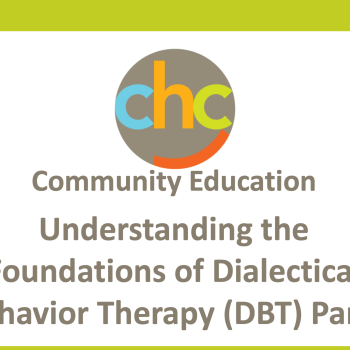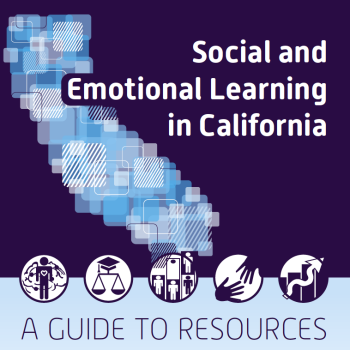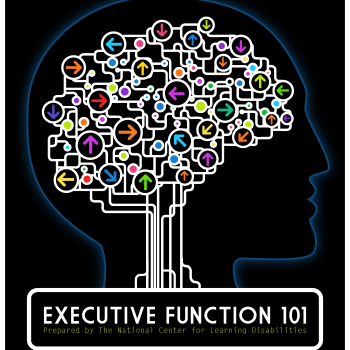Dr. Stephanie Clarke, Clinical Instructor of Psychiatry and Behavioral Sciences, Stanford University School of Medicine, and clinician at RISE Comprehensive DBT Intensive Outpatient Program shares how DBT’s problem-solving and acceptance-based approaches are helping teens build lives worth living. Read more >>








